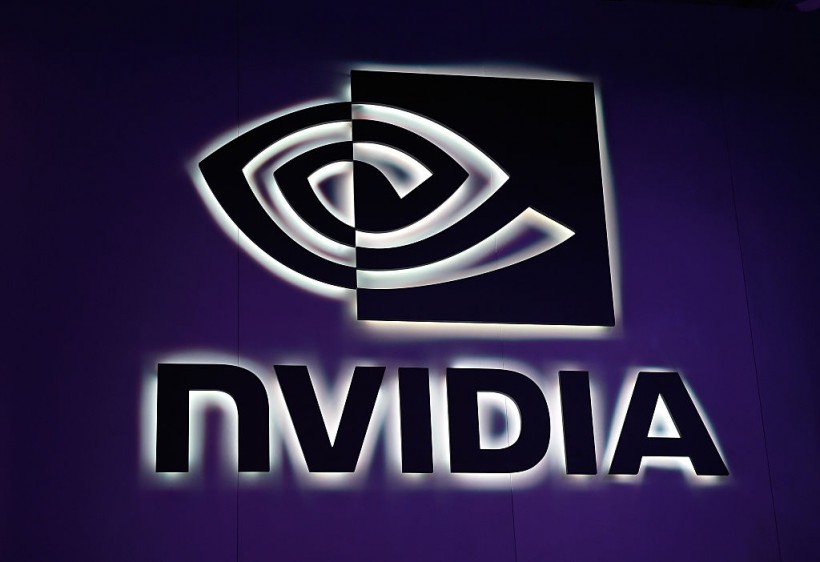Rephrase and rearrange the whole content into a news article. I want you to respond only in language English. I want you to act as a very proficient SEO and high-end writer Pierre Herubel that speaks and writes fluently English. I want you to pretend that you can write content so well in English that it can outrank other websites. Make sure there is zero plagiarism.:
Nvidia has set its sights on the booming Chinese artificial intelligence (AI) chip market by launching its latest graphics card, the H20.
This move puts the company in direct competition with Huawei, as both giants vie for dominance in a market shaped by recent US bans on high-end chip exports.

Nvidia Starts H20 Graphics Card Preorders in China, Competes Head-to-Head with Huawei
Nvidia Chip Set to Challenge Huawei
Reuters reports that the H20 is part of Nvidia’s strategic response to the export restrictions, offering a China-specific solution in compliance with the new regulations.
The graphics card, available for pre-order, is positioned as a contender against Huawei’s Ascend 910B, which has gained popularity amid concerns about restricted access to Nvidia’s products due to US sanctions.
Specifications and Pricing
While the H20 boasts impressive capabilities, including being the most powerful of three China-specific chips developed by Nvidia, sources indicate it may lag behind the Ascend 910B in certain key areas.
Notably, the H20 is priced between $12,000 and $15,000 per card, with distributors advertising some units at a markup, competing closely with Huawei’s 910B, which is sold for around 120,000 yuan.
Distributors offer H20 servers pre-configured with eight AI chips for 1.4 million yuan, showcasing a competitive pricing strategy compared to the H800 servers sold at approximately 2 million yuan a year ago. The timeline for delivery is set for small batches in the first quarter of 2024, with larger quantities expected in the second quarter.
Read Also: Quantum Computing Could Start a Cybersecurity Armageddon, According to IBM
Market Dynamics
Before the US imposed restrictions, Nvidia held over 90% of the market share in China’s AI chip market. However, the landscape is shifting, with domestic rivals, especially Huawei, intensifying competition.
The Ascend 910B is considered a robust AI offering, adding to the challenge for Nvidia to maintain its foothold in the market.
Insights into the technical aspects reveal interesting dynamics. While the H20 may lag behind the Ascend 910B in FP32 performance, a critical metric measuring chip processing speed, it holds an advantage in interconnect speed. This positions the H20 competitively in applications requiring linking multiple chips to function as a system.
Production and Rollout
Nvidia’s plan to begin mass production of the H20 in the second quarter of this year follows a delay from the original November launch. Technical challenges with server integration were cited as the cause of the delay.
Alongside the H20, two other China-specific chips, the L20 and the L2, are part of Nvidia’s strategy, though details on their rollout remain unclear.
In response to the strict US export restrictions, Nvidia’s approach involves designing chips with lower computing capabilities, such as the H20, L20, and L2. These chips, equipped with the AD102 GPU, aim to navigate regulatory challenges while still offering competitive solutions in the Chinese market.
Stay posted here at Tech Times.
Related Article: German Startup Semron Introduces Low-Cost, 3D-Scaled Chips for AI on Mobile Devices
ⓒ 2023 TECHTIMES.com All rights reserved. Do not reproduce without permission.





